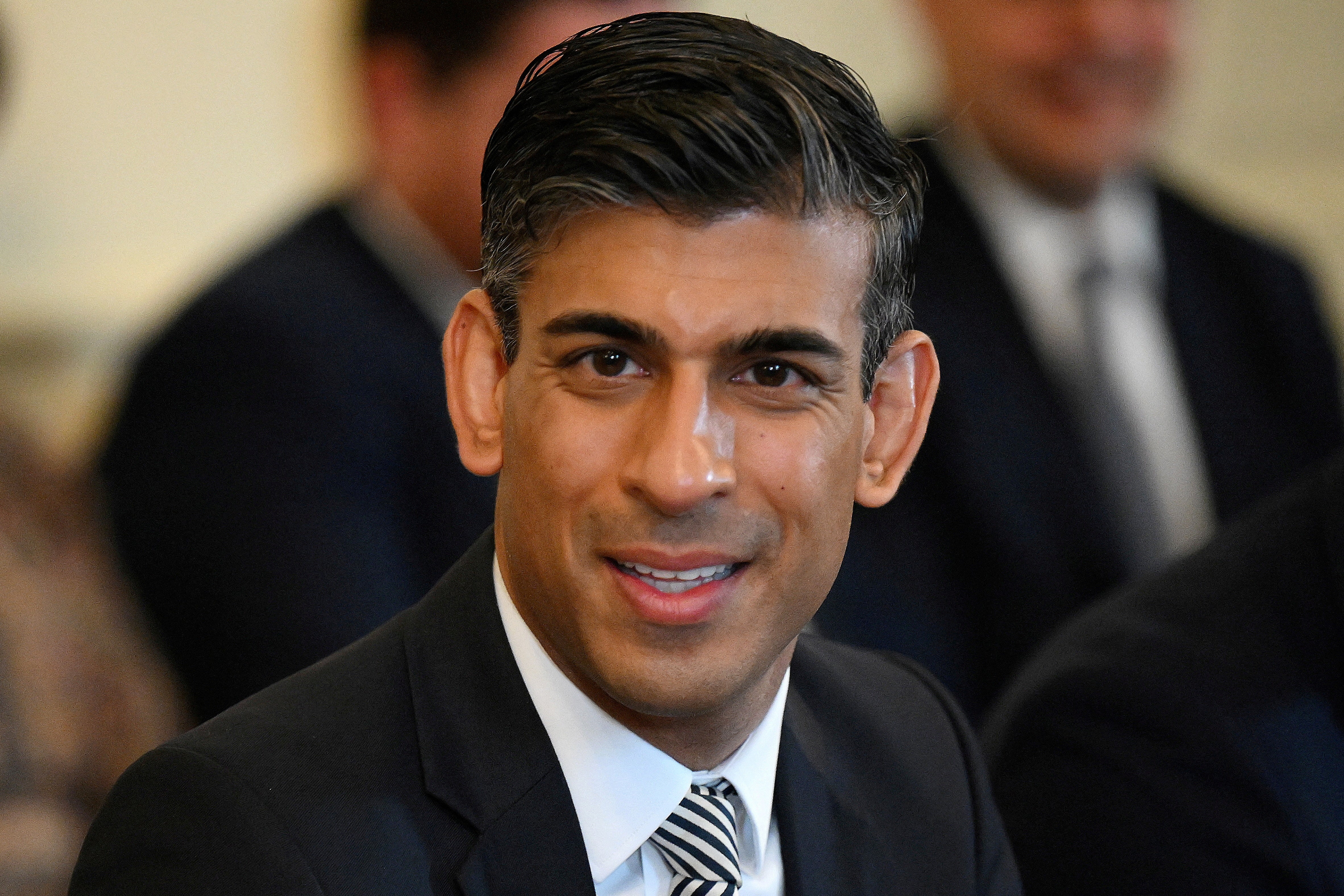Could the Tory leadership contest turn into Rishi Sunak’s coronation?
Ben Wallace’s exit cemented the former chancellor’s frontrunner status to be the next PM. Adam Forrest takes a closer look at whether his remaining rivals can shake up the contest


Rishi Sunak’s leadership chances received a major boost this weekend when grassroots favourite Ben Wallace backed out of the contest, insisting that he wanted to focus on “keeping the country safe” as defence secretary.
A major rival out of the way, it is safe to say Sunak is now the frontrunner in the contest to succeed Boris Johnson – the former Downing Street neighbour he helped to destroy with his dramatic exit from No 11 on Tuesday evening.
Sunak has a highly organised team in place, a well-prepared social media campaign, and some heavyweight endorsements from senior figures such as Oliver Dowden, Liam Fox, Mark Spencer and Mark Harper already in the bag.
As MPs on the 1922 Committee scramble to decide on the rules of the race this time around, desperately hoping to thin down a crowded field, Tory MP Andrew Bridgen – not Sunak’s biggest fan – raised the prospect of a coronation within two weeks.
The backbencher said it was possible that the final two candidates would agree on who should step forward for the top job before summer recess starts on 21 July, without having to bother Tory members with a lengthy hustings process around the country throughout August.
This is what happened in 2016 when Andrea Leadsom simply stepped aside and allowed Theresa May to become prime minister, having accepted she was very unlikely to win.
So is Sunak primed to go to Buckingham Palace and speak to the Queen later this month? Unfortunately for the former chancellor, it does not appear it will be quite so easy.
Unlike 2016 – when the shock of the Brexit referendum result demanded the certainty of a quick contest – there will also be a clamour from the Tory grassroots to have their say.
There are some other equally ambitious and determined candidates picking up a lot of support in the party. At the moment, it is unlikely Sunak will emerge way out in front after the forthcoming waves of eliminations in the same way May did six years ago.
One MP who had backed Wallace said the defence secretary had been picking up a lot of support from MPs who stayed in government and were uncomfortable with Sunak’s “treachery”.
Wallace had support from several One Nation moderates and, unlike Sunak, had been considered a “unity” candidate who could also gain some support from the right of the party.
Tom Tugendhat, meanwhile, has managed to win over not only some big beasts in the One Nation, centrist wing of the party, such as Damian Green and Stephen Hammond, but also some of the red-wall MPs in the north like Aaron Bell and Robert Largan. Jeremy Hunt – his rival to be the flag bearer of the sensible moderates – is lagging behind.
Sunak has come under fire from right-wingers and Johnson loyalists even before his launch, with Brexit minister Jacob Rees-Mogg denouncing him as a “high tax chancellor” who failed to curb inflation.
Tax will be a problem for Sunak. He has already set out his stall as the candidate who will not offer “fairytale” promises. At the moment, a growing number of people on the right – Steve Baker, Desmond Swayne and Richard Drax – are backing Suella Braverman as their tax-cutting champion.
But Liz Truss, Nadhim Zahawi and Sajid Javid remain formidable opponents. They will all offer tax cuts – arguing that they would boost growth and ease the cost of living crisis, whether sound economics or not.
There will be inevitable questions about his family’s inordinate wealth, after The Independent revealed in April how his wife had claimed non-domicile status in order to save on her tax bill while her husband was chancellor.
Sunak can point Brexiteers to his record as a Leave campaigner, and his record as chancellor during the Covid crisis leaves him respected among the rump of Tories who fancy themselves economically sensible.
But it remains hard to see how he becomes the unifying force that all factions decide they can live with.
The party remains angry, exhausted and demoralised. Nadine Dorries’s reported prediction of “a bloodbath” may not be too far wide of the mark. Sunak will have to be up for the fight.






Join our commenting forum
Join thought-provoking conversations, follow other Independent readers and see their replies
Comments